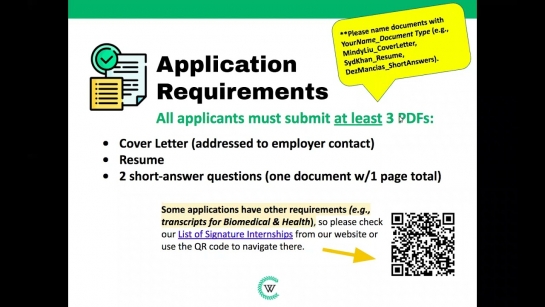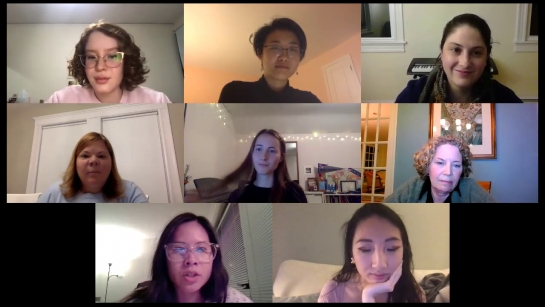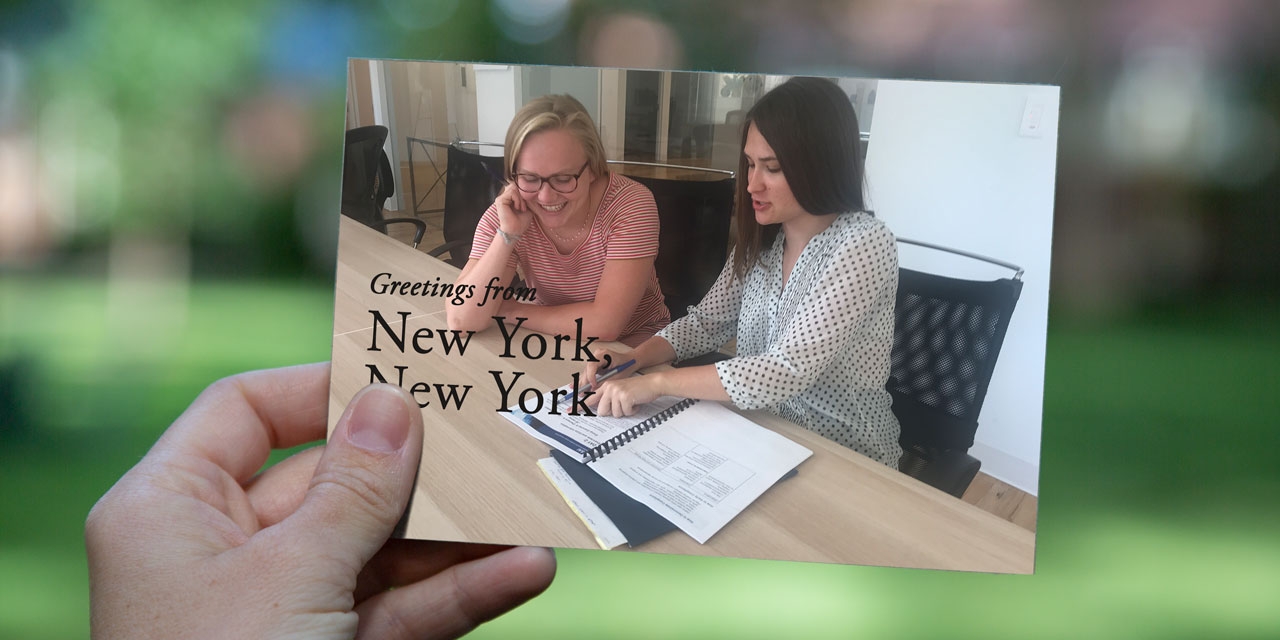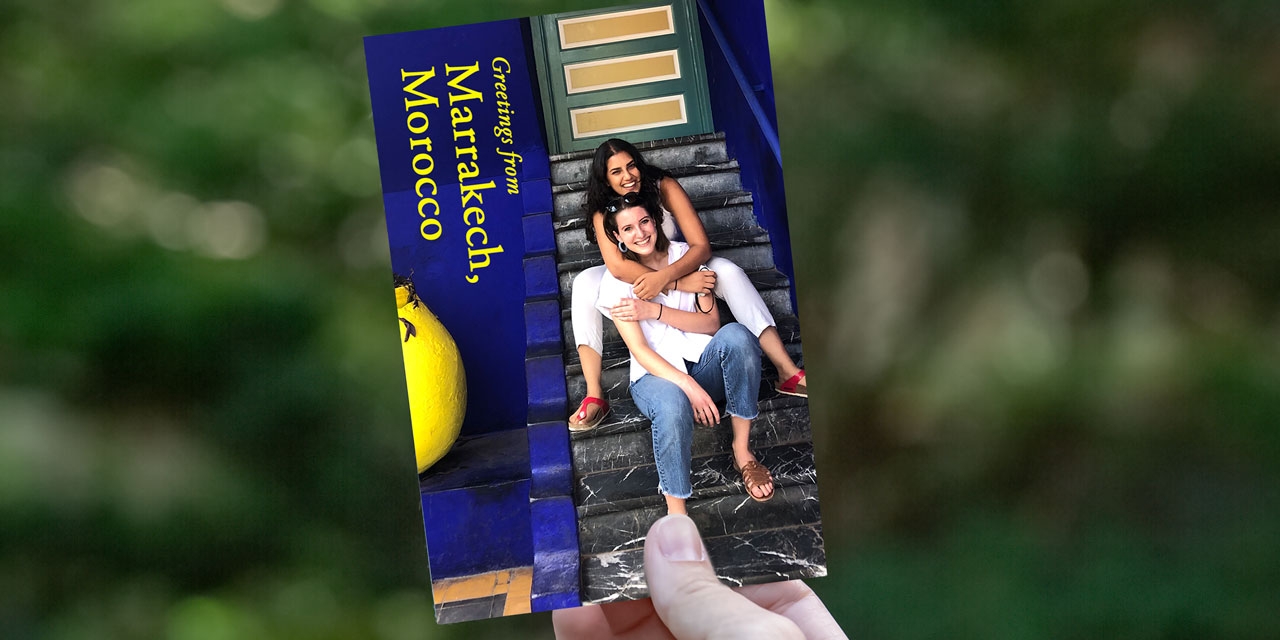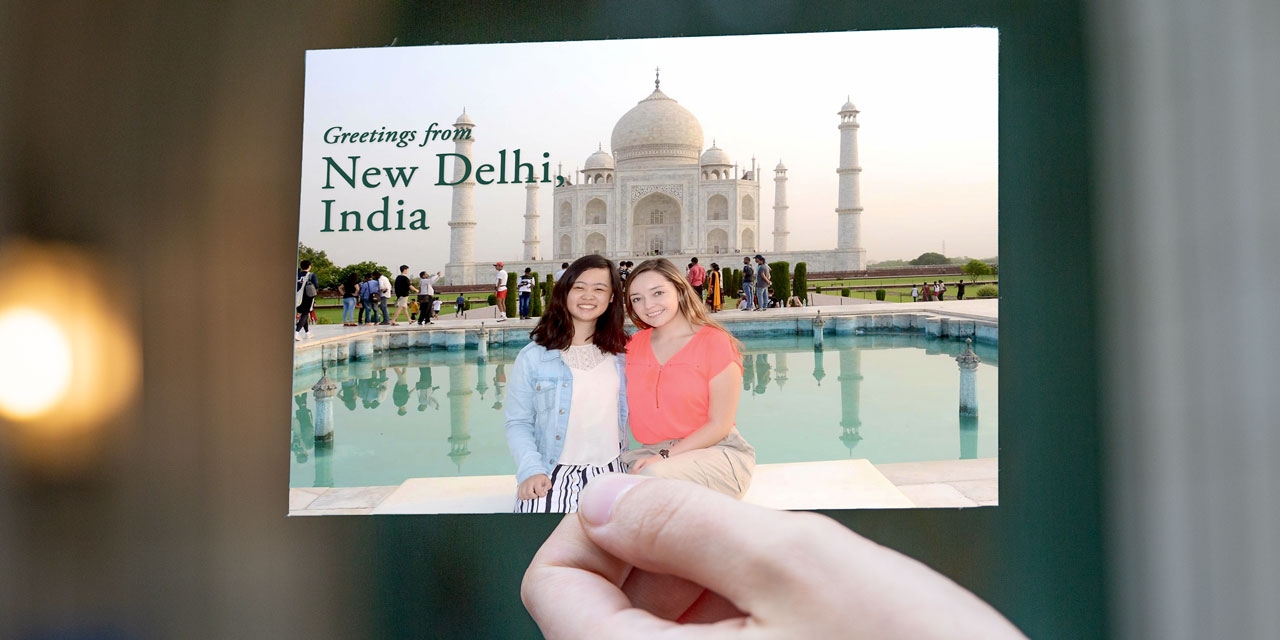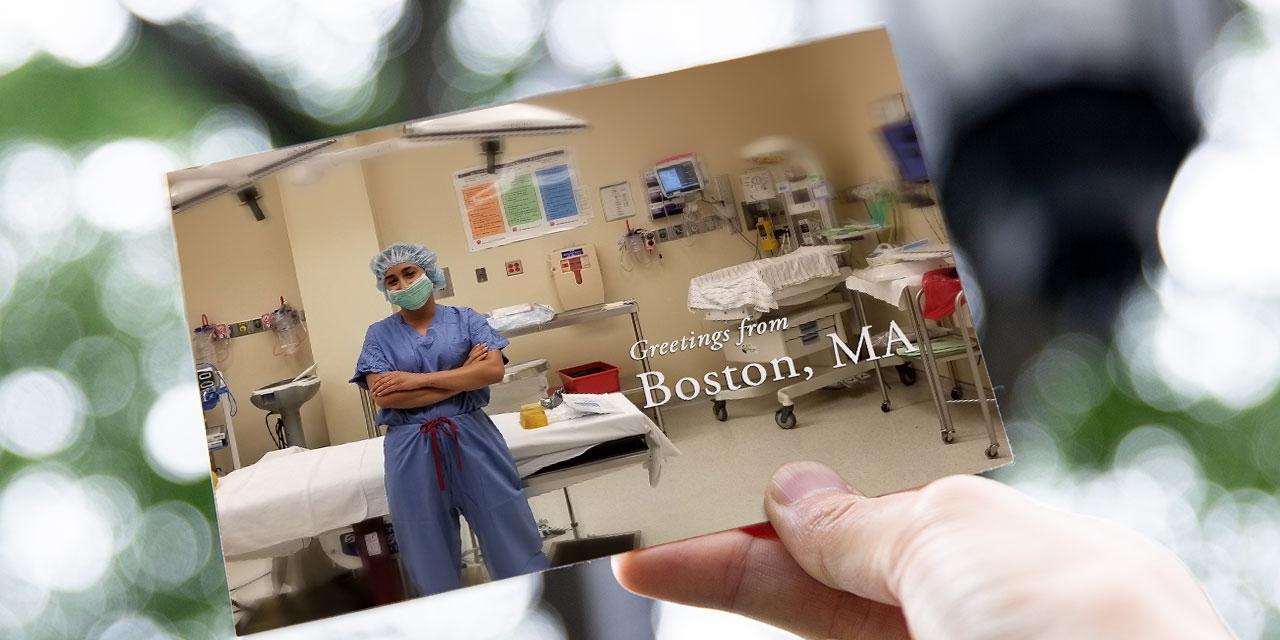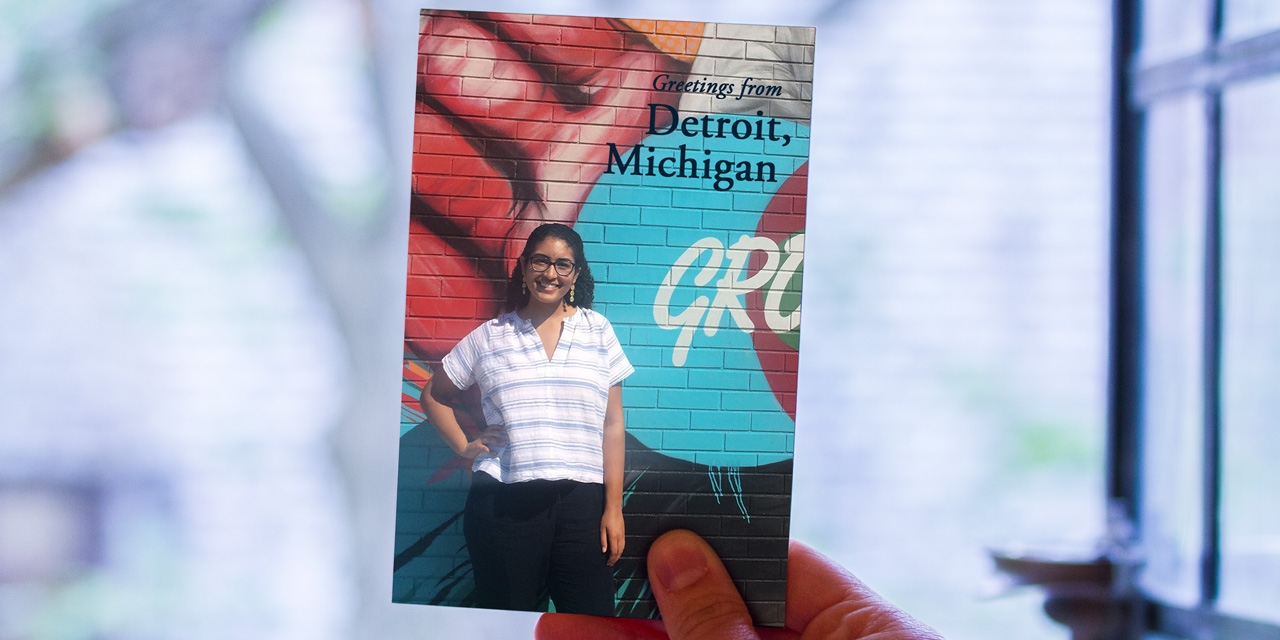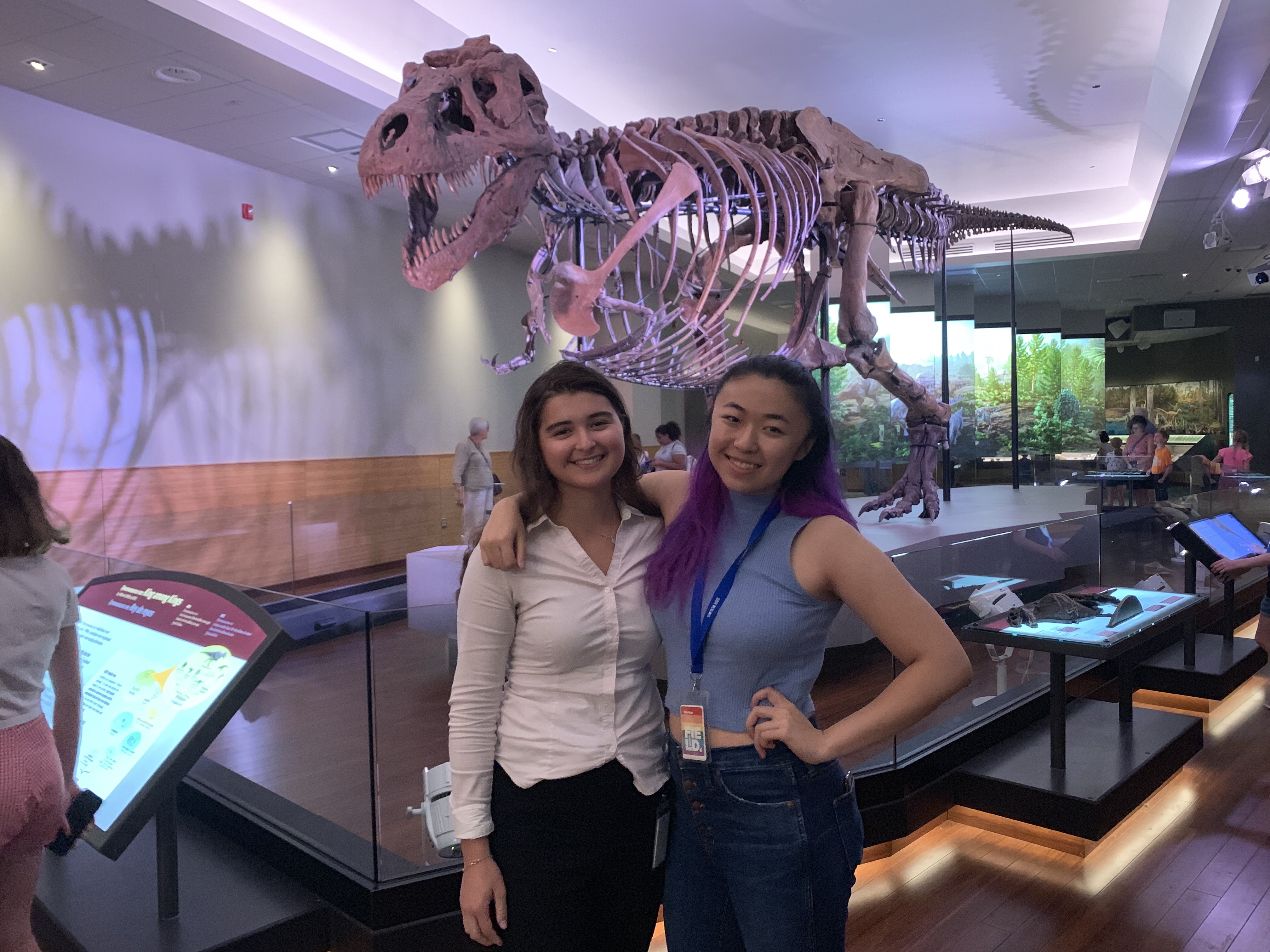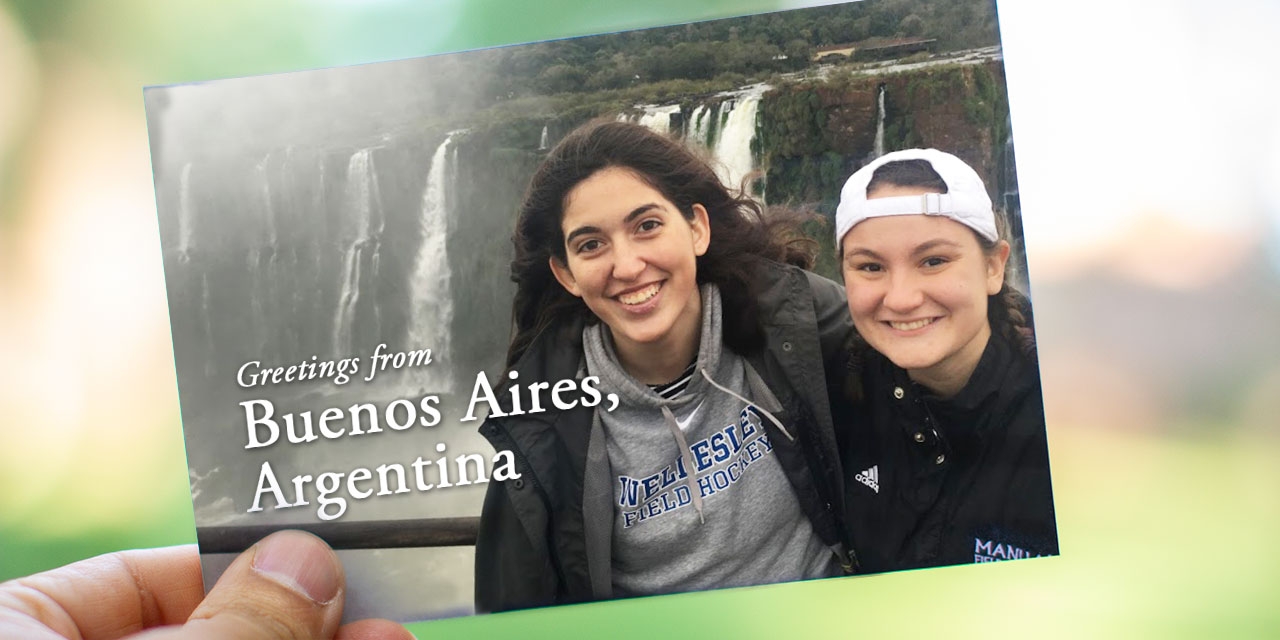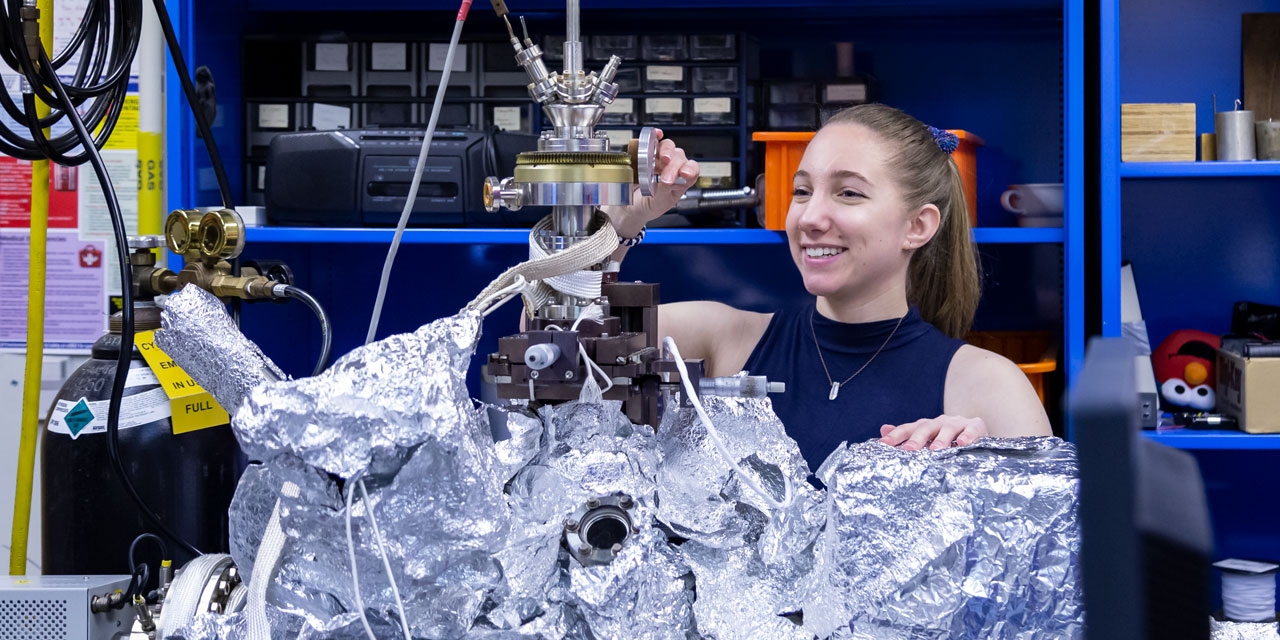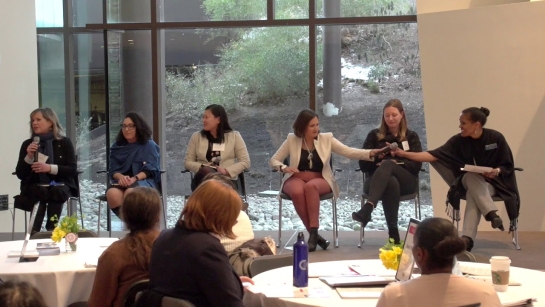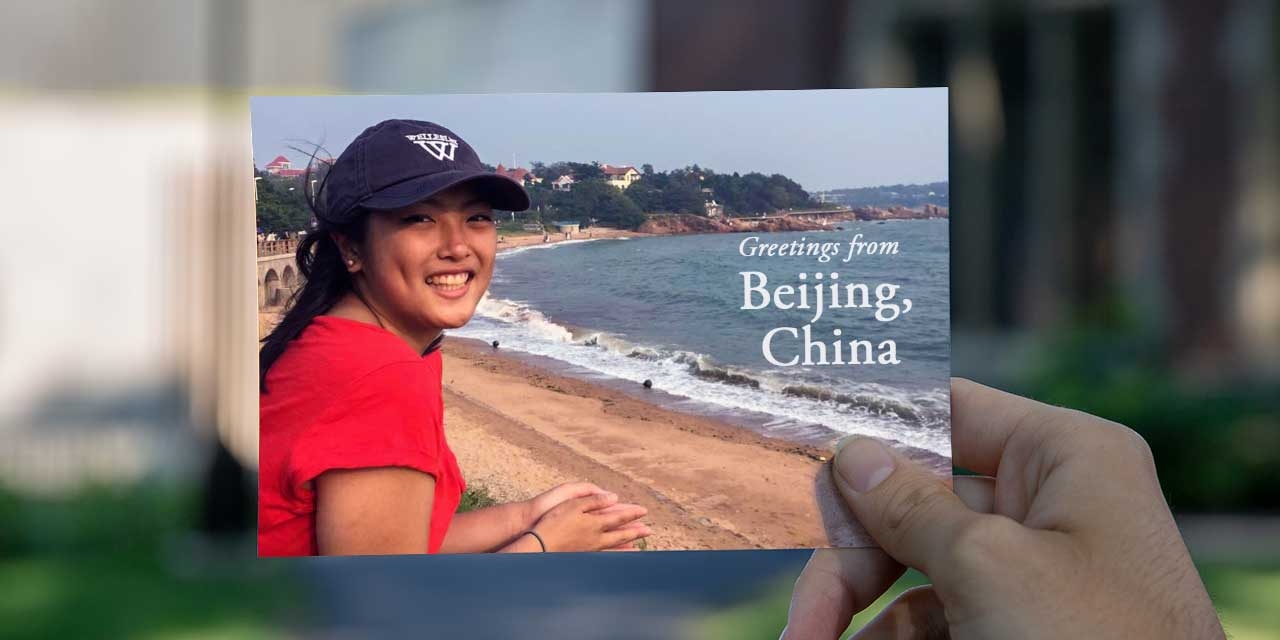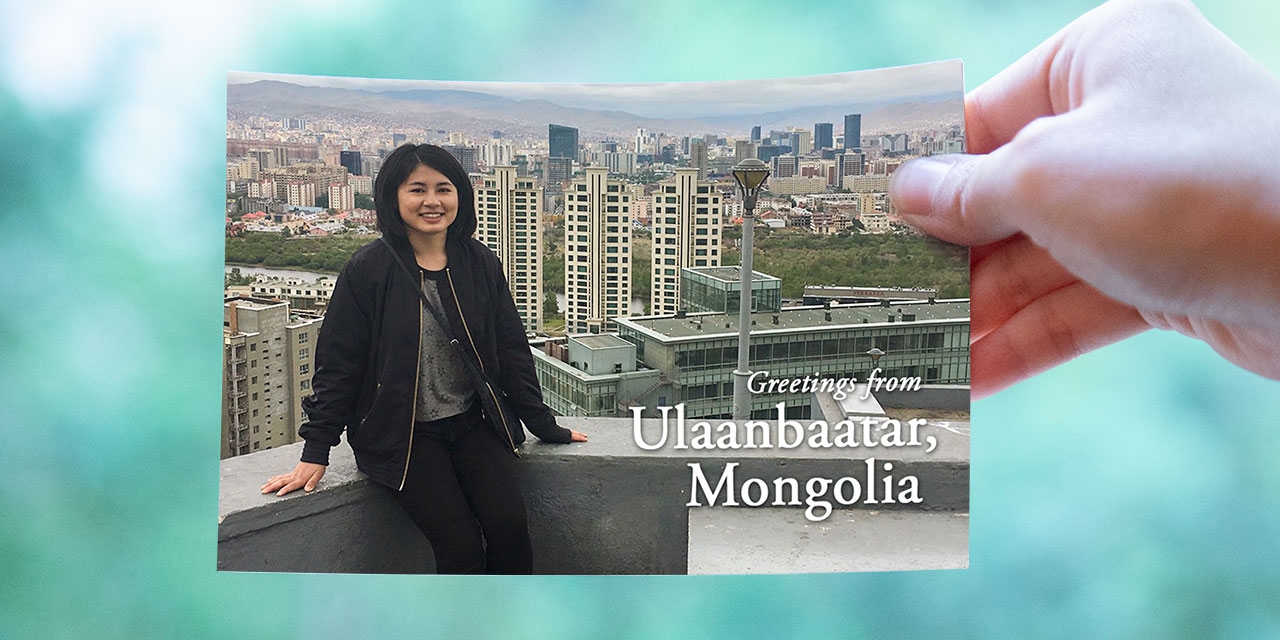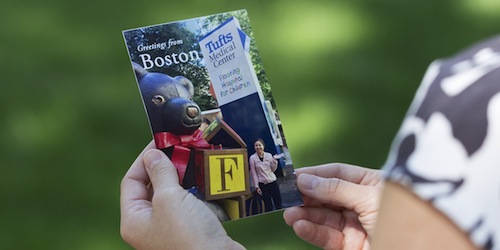Projects for Peace Alumni Award (graduates)

Projects for Peace is a global program that partners with educational institutions to identify and support young peacebuilders and changemakers. Each year, the Projects for Peace Alumni Award will award up to $50,000 to support the continuing peacebuilding efforts of a past Projects for Peace grantee. The Award is made possible through the Kathryn Wasserman Davis Collaborative in Conflict Transformation at Middlebury. Campus application deadline typically in January.
“We have authored research documents on a wide range of labor issues, from exploitative employment contracts in textile factories to sexual harassment on tea estates.”
“Our library work allows us to interact with a multitude of subjects that we would otherwise not have been exposed to and has opened our eyes to a wide variety of topics that our majors may not cover.”
“Spending two months in Delhi and directly seeing the impact of this NGO’s work has made us grow as students and as individuals.”
“I’ve learned that at its core, medicine is all about creating an environment where relationships can be fostered and grown.”
“Detroit has opened my eyes to the role of the built environment in creating a sense of place for its inhabitants.”
“Working on multiple ongoing projects has pushed us to become adaptive, composed professionals.”
“A typical day at the office consists of research and report-writing on topics such as public access to information, governmental corruption and financial crimes, and Argentinian geopolitical relations.”
“I previously had dreams to be an author, but found myself called by the combination of logic, mystery, and truth in science.”
“As an intern with the ABC Beijing bureau, I find myself assigned to a variety of tasks, but much of it is helping to research stories, and I’ve even had chance to write a story of my own!”
How to Apply for Signature Internship Programs
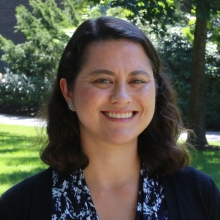
We want all internship applicants to feel prepared and confident. Learn about application requirements and how to prepare your materials.
“I’ve definitely created new roots beyond reconnecting to my Asian heritage, and I hope that I’m one step closer to being a true citizen of the world.”
Careers in Nonprofits
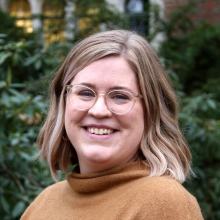
While all nonprofits share a commitment to bettering society in some capacity, they are incredibly diverse in terms of size, focus, and type. In the United States alone there are millions of nonprofits ranging from small, community-based organizations, to cultural and educational institutions such as museums, universities and colleges (like Wellesley!) to large foundations supporting causes around the globe.
“Medicine is about studying how life works, but the practice of medicine is also learning about life through other people. I have appreciated the opportunity to experience both this summer.”
On-Campus Recruiting Program Policies (Students)
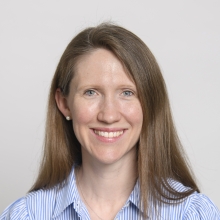
Career Education expects all students to abide by the following rules in order to maintain the success and integrity of Wellesley’s recruiting program.
Projects for Peace (students)

Created in 2007 by Kathryn Wasserman Davis (Wellesley College '28), the Projects for Peace program offers undergraduates and graduating seniors funding to design a grassroots project for the summer of 2024—anywhere in the world — that promotes peace and addresses the root causes of conflict among parties. Projects may employ innovative techniques for engaging project participants in ways that focus on conflict resolution, reconciliation, building understanding and breaking down barriers that cause conflict, and finding ways to resolve conflict and maintain peace. Any current Wellesley student is eligible to apply. Campus application deadline typically in January.
Resources for Underrepresented Students and Alumnae Applying to Health Profession Schools
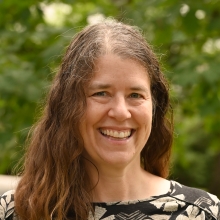
A crucial topic in healthcare today is how to eliminate inequities in the quality and availability of medical care for ethnic, racial, social, and economic minorities. There is an urgent need to increase both the diversity and cultural competence of our health care workforce.



